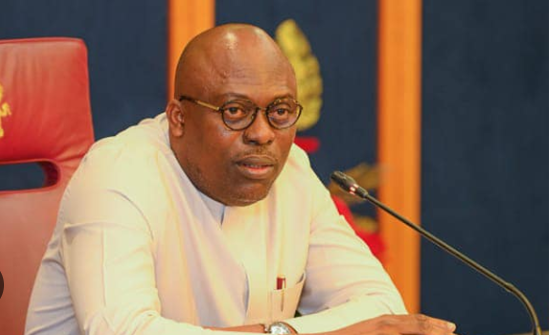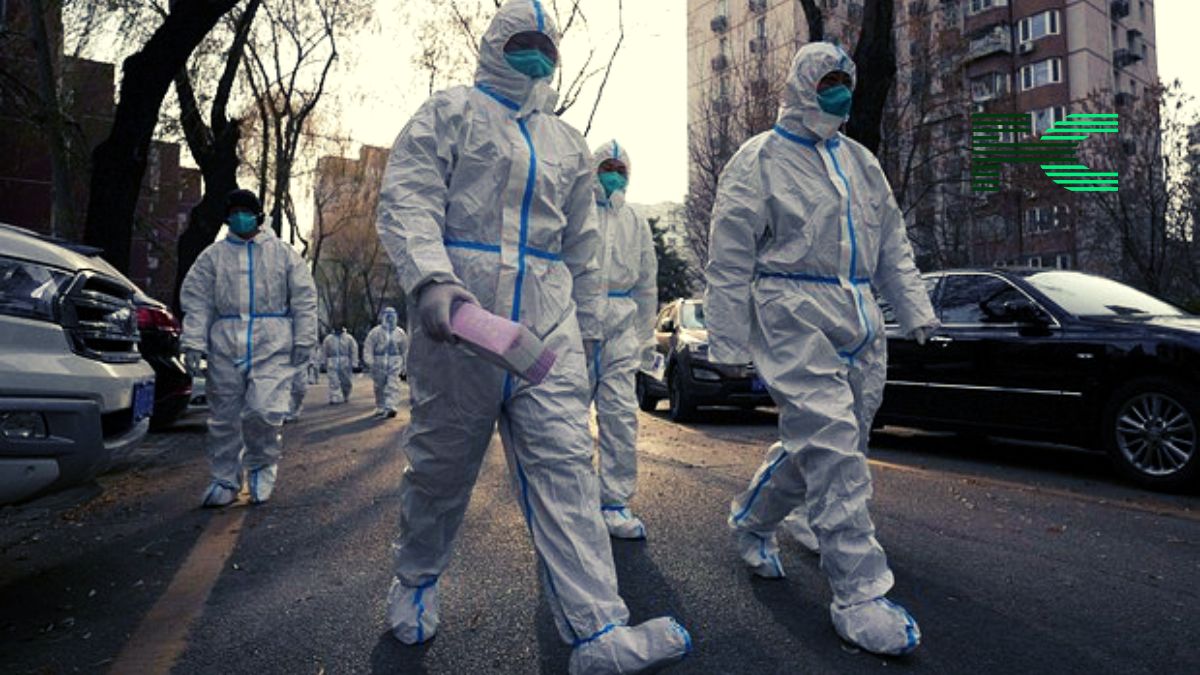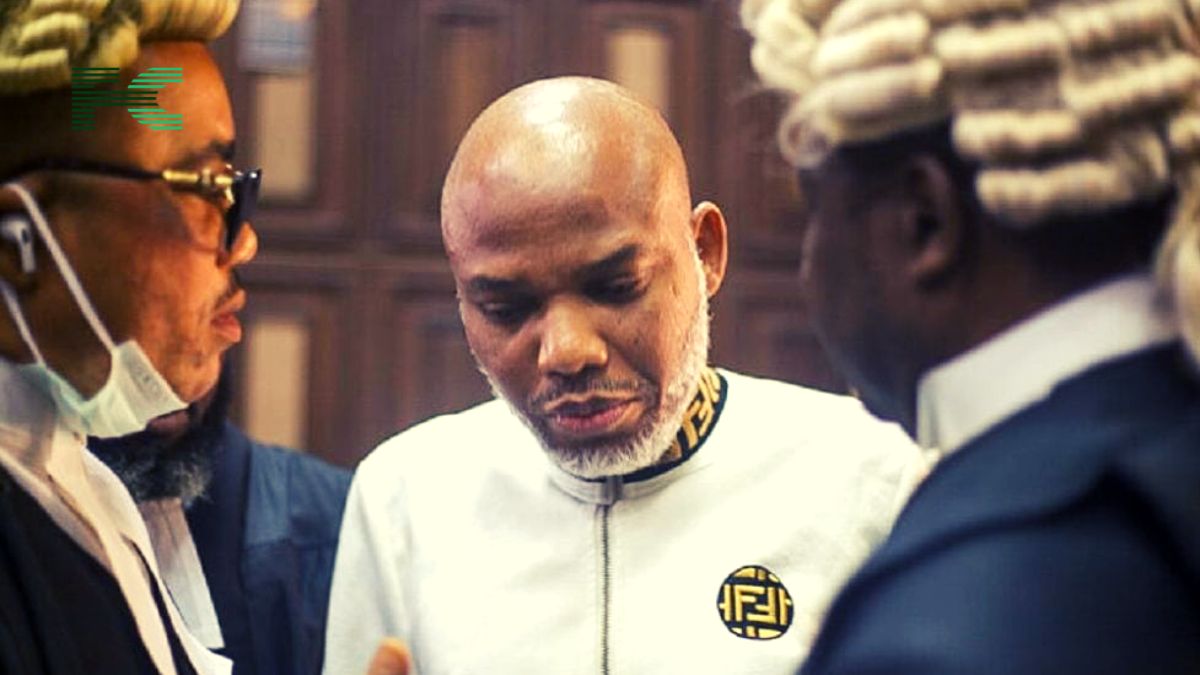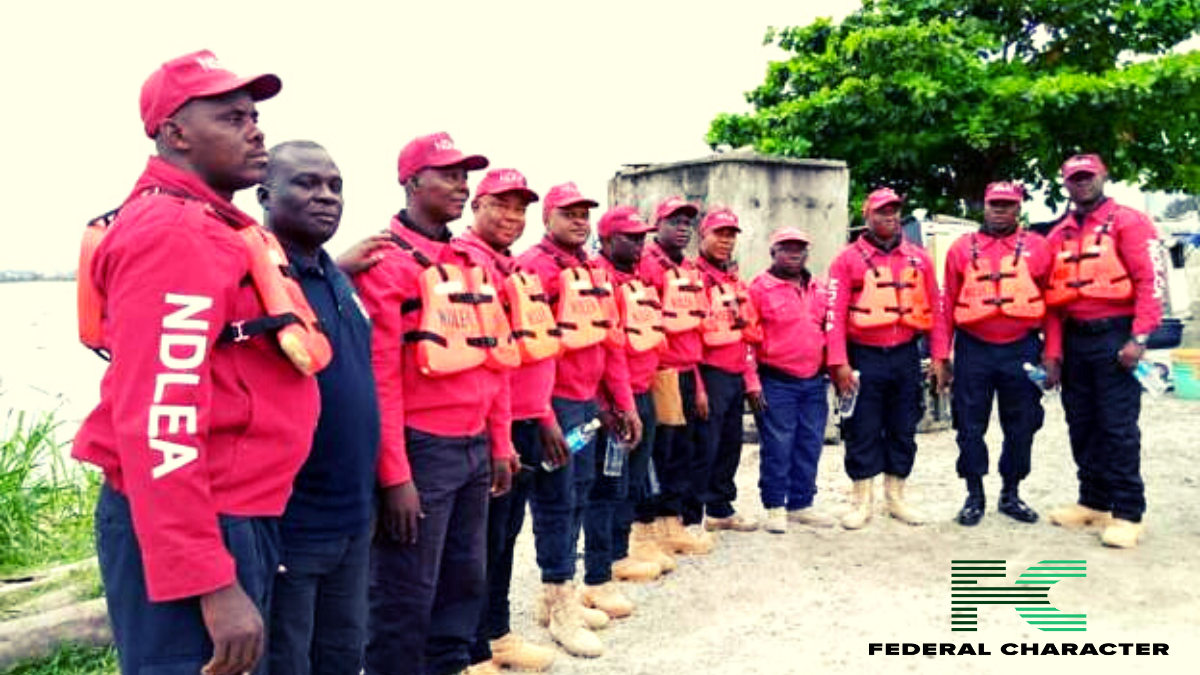Governor Siminalayi Fubara’s return to Rivers State has been dressed up as a victory, but anyone who has followed the drama knows the story isn’t that simple. The man came back to Port Harcourt on Friday, smiling and waving like a freed prisoner, after six long months of a so-called state of emergency declared by President Bola Tinubu.
Yes, the emergency is over, but is Rivers really free? That’s the question no one wants to answer honestly.
A Governor On Borrowed Power
Fubara’s fight with his political godfather, Nyesom Wike, has been messy, public, and deeply embarrassing for a state that calls itself the “treasure base” of the nation. What began as the usual cold war between a sitting governor and his predecessor quickly turned into a national spectacle. The Assembly split, the President stepped in, and before anyone could blink, Rivers had a sole administrator instead of an elected leader.
Tinubu’s move in March was drastic: he shoved Fubara aside, handed the state to retired Admiral Ibok-Ete Ibas, and told everyone to behave. It was meant to “save” Rivers from chaos. But in reality, it stripped the people of their governor, their voice, and their dignity.
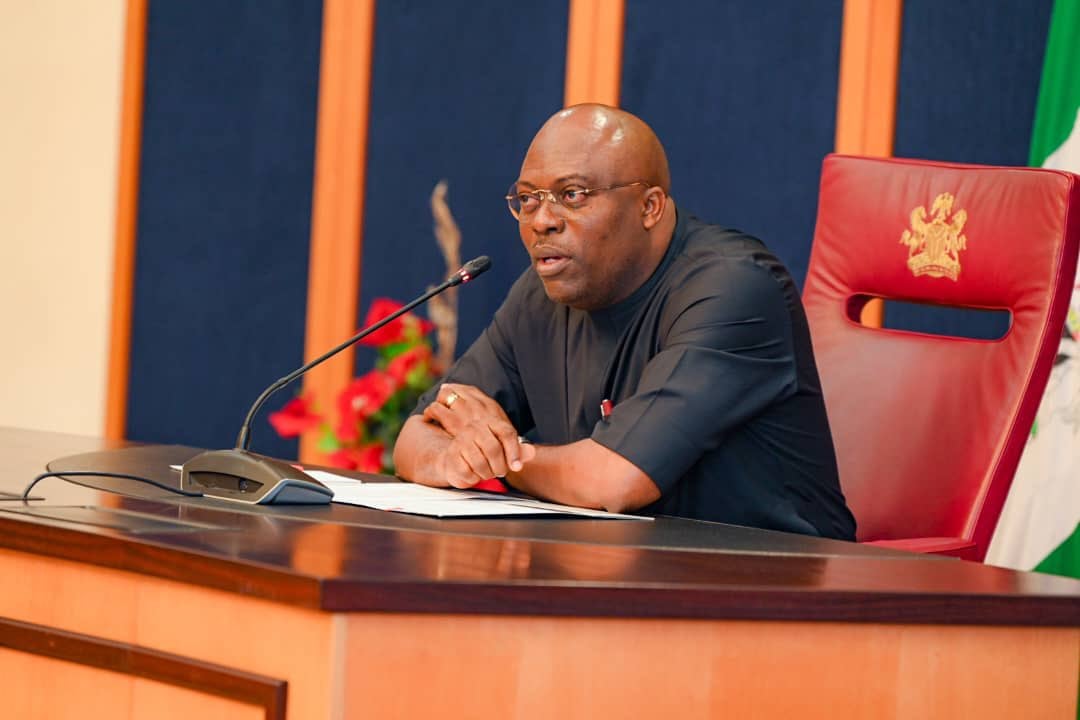
Now that Fubara is back, is he truly in charge? Or is he still sitting on Wike’s political lap, waiting for approval before making a move?
The Wike Factor Still Lingers
Let’s not pretend Wike is out of the picture. He may be in Abuja wearing the FCT Minister’s cap, but his shadow still looms large over Port Harcourt. Even during the Channels TV interview, Wike was quick to defend the delay in Fubara’s resumption. That wasn’t an innocent comment — it was a reminder of who still pulls the strings.
Rivers people lined the airport to welcome their governor home, but many of them know the truth: Fubara’s “freedom” is tied to how much space Wike is willing to give him.
Elections That Changed Nothing
During Fubara’s forced absence, Admiral Ibas conducted council elections that handed 20 councils to the APC and only three to the PDP. The whole exercise looked more like Abuja flexing muscle than Rivers having a genuine democratic process. Now that Fubara has returned, he inherits councils already locked down by the ruling party at the centre.
So again, we ask: emergency over, but is Rivers truly free under Fubara? The structures of control remain intact, the actors haven’t changed, and the governor is still dancing in the same old circle.
What Next For Rivers?
For now, the governor has the seat back, the crowds are cheering, and the cameras are rolling. But power in Rivers has always been about who controls the purse and the assembly. If Fubara cannot shake off Wike’s grip or challenge Abuja’s heavy hand, his return might be nothing more than a ceremonial comeback.
The emergency may have ended on paper, but politically, Rivers is still in chains.

